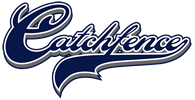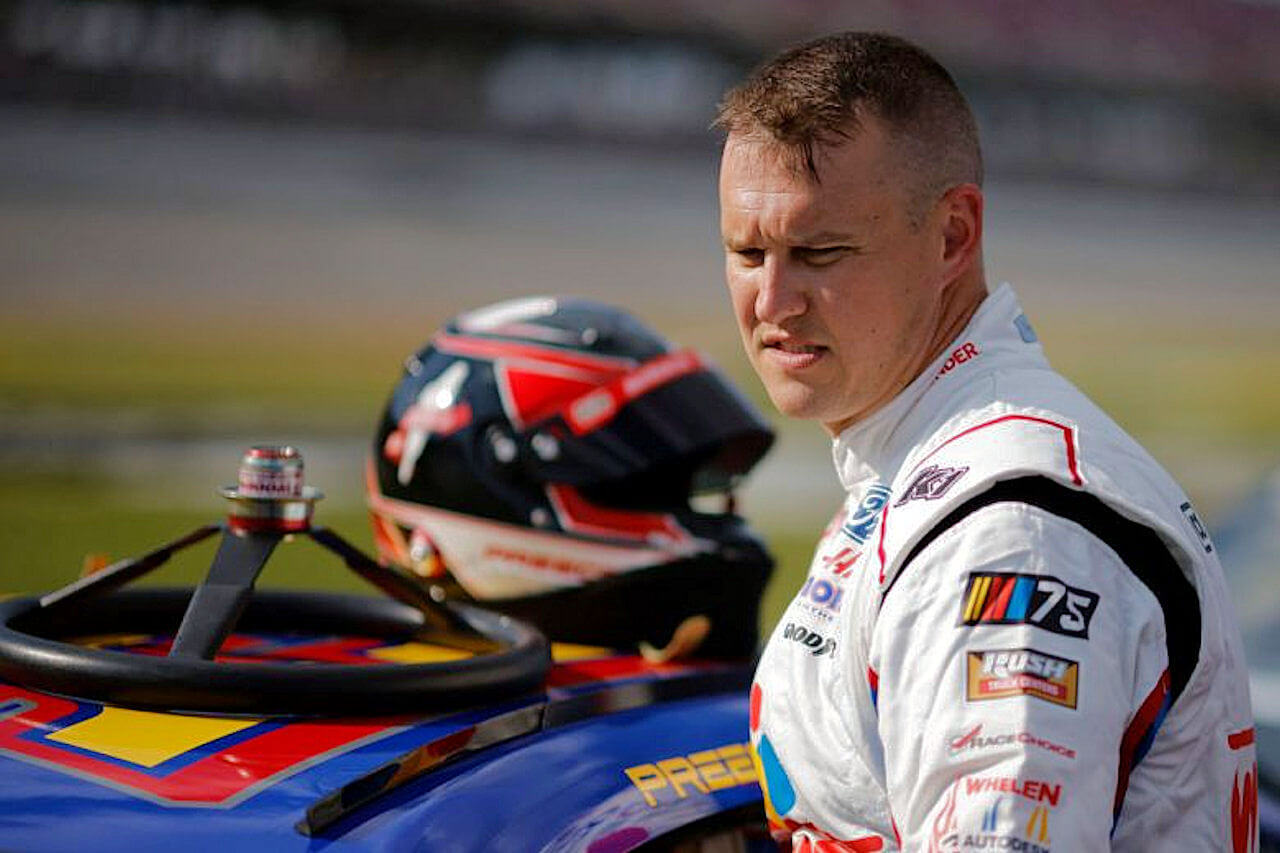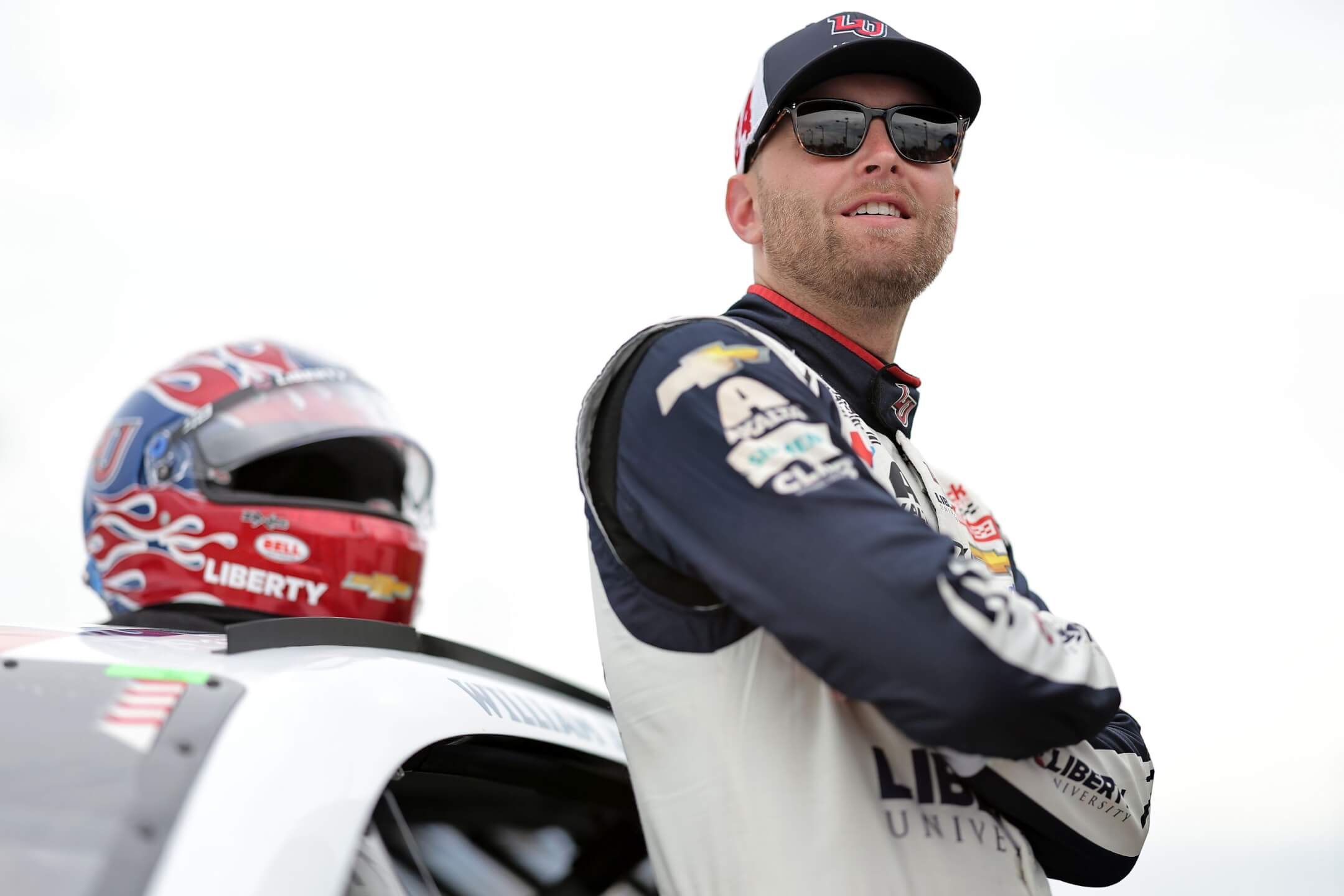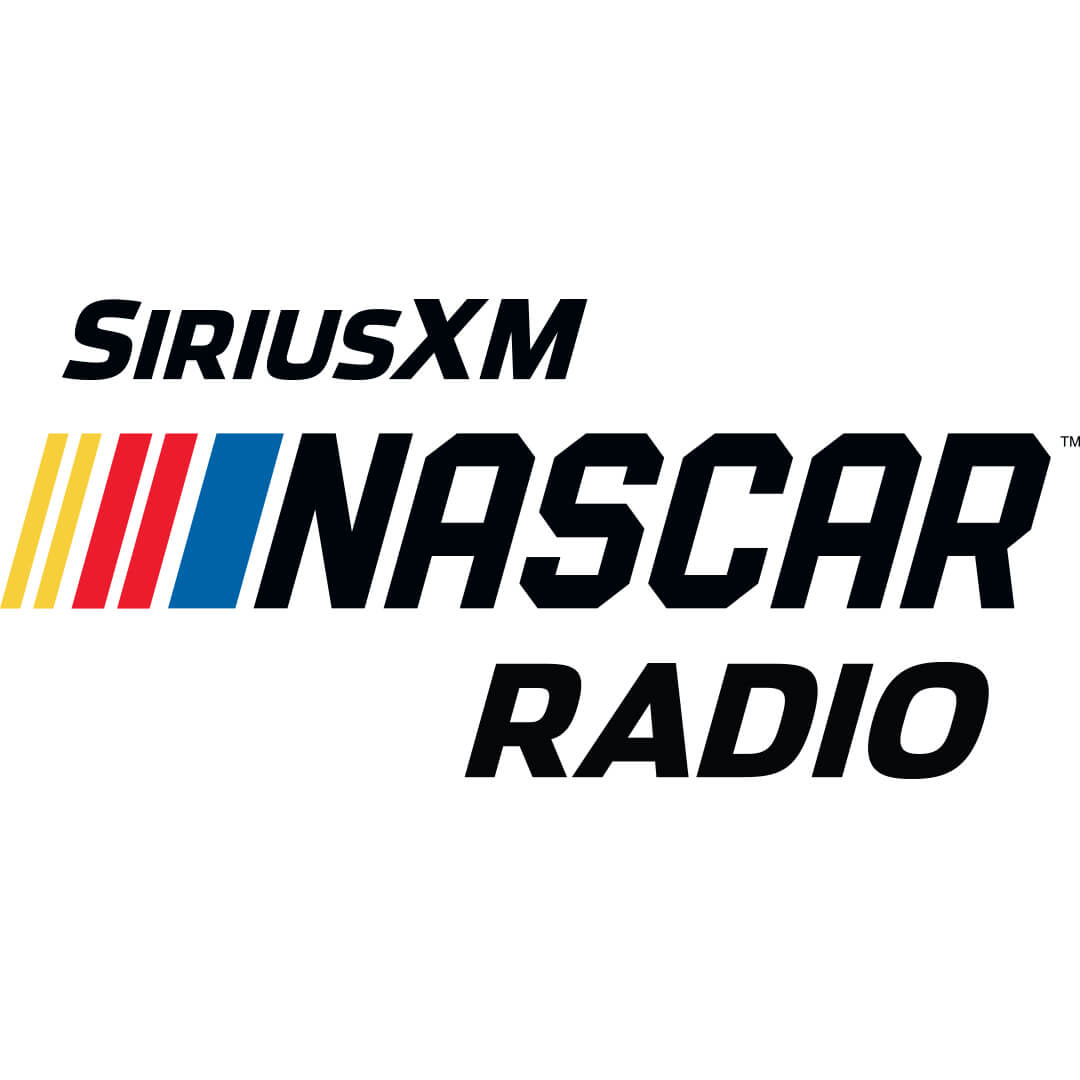 BRISTOL, Tenn. – Richard Childress Racing will make its final appeal of NASCAR penalties issued to its No. 31 team driven by Ryan Newman for tampering with tires in the Sprint Cup Series race last month at Auto Club (Calif.) Speedway.
BRISTOL, Tenn. – Richard Childress Racing will make its final appeal of NASCAR penalties issued to its No. 31 team driven by Ryan Newman for tampering with tires in the Sprint Cup Series race last month at Auto Club (Calif.) Speedway.
On Thursday, a three-member NASCAR-appointed appeals board lessened the point’s penalty and monetary fine, but left the six-race suspensions to crew chief Luke Lambert, engineer Philip Surgen and tire specialist James Bender intact.
“While they decided to reduce the penalties (Thursday) to the minimum penalties for a P5 violation, I am disappointed that the entire penalty was not overturned given the facts we presented,” team owner Richard Childress said in a statement Thursday.
Following Sprint Cup qualifying Friday night at Bristol (Tenn.) Motor Speedway, NASCAR announced that RCR had appealed that decision to NASCAR’s final appeals officer, former Gulfstream executive Bryan Moss.
As of Saturday morning, Moss has not set a date to hear the case and has deferred the suspensions, allowing Lambert, Surgen and Bender to return to the racetrack for the remainder of the weekend after missing practice and qualifying from Bristol Friday.
Of course, it’s a risky decision by team owner Richard Childress to plead his case to Moss.
Moss has the ability to reinstate the original penalties handed down by NASCAR. While the appeals panel reduced the point’s penalty to Newman and the Welcome, North Carolina-based team from 75 to 50 points and Lambert’s fine from $125,000 to $75,000.
The decision to amend the original penalty stems from the panels opinion that the NASCAR rulebook language doesn’t clearly identify whether the tires taken during the March 22 race applied to the postrace technical inspection guidelines. Under NASCAR’s rulebook policy, additional penalties can be levied if administered postrace.
The infraction from such a p-5 penalty escalated an additional 25 points (on top of the 50 from the p-5 infraction) and $50,000.00.
According to Bob Pockrass of ESPN, the procedure for a final appeal is much like the initial appeal except Moss has access to all materials and a transcript of the first hearing. The burden of proof also switches from NASCAR to the team to prove that it either did not commit the act or that the penalty is too severe.
Bleeding air from tires, traditionally thought by drilling a small hole in them, is considered both a competition and safety issue. While it could offer an advantage with a tire that has better grip to the track’s surface, bleeding air also put the team at slight risk of having it go flat.
Follow Chris Knight on Twitter @Knighter01.















